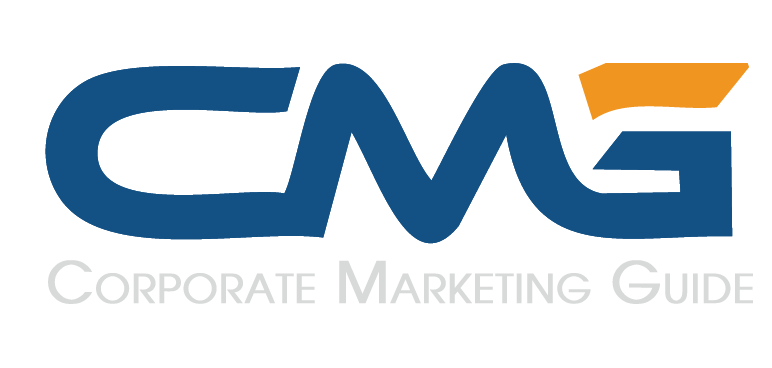When you think of luxury marketing, images of sleek cars, designer handbags, and high-end watches probably come to mind… But what about industrial lubricants? At first glance, selling something as unglamorous as machine oil might seem worlds apart from high-end branding. Yet, the truth is, even the most obscure B2B products can enjoy the same principles that make luxury items irresistible.
In this article, we’ll explore how to apply such marketing tactics to industrial lubricants, turning a seemingly dull product into something businesses can’t resist. National Casino India does the same thing with online gaming, as their platforms and offerings are one of a kind, and true lovers of the hobby will not want to miss out!
Why Industrial Lubricants Need the Luxury Treatment
Most B2B companies in niche industries rely on price wars and technical specs to win customers. But what if you could make your lubricants desirable instead of just necessary?
The Problem with Traditional B2B
Many industrial suppliers focus solely on functionality through highlighting viscosity grades, temperature resistance, and compatibility charts. While these things matter, they don’t inspire creativity or excitement from viewers.
Luxury is an experience, not just a product, so what if your product wasn’t just “high-performance oil” but “the secret behind the world’s smoothest-running machines”? This way, you make your product stand out in a crowded market.
The Psychology of Premium Positioning
People associate luxury with quality, reliability, and prestige, even in B2B. If your lubricant is positioned as the “Rolls-Royce of industrial oils,” buyers will perceive it as superior. This is the case even if competitors offer similar specs.
Key psychological triggers:
- Scarcity: Limited-edition lubricants? Maybe not. But exclusive formulations or patented technology can create a similar effect.
- Storytelling: Who makes your products? What problems do they solve in extraordinary ways?
How to Market Industrial Lubricants
Now let’s dive into how to market such items:
1. Build a Powerful Story
Luxury establishments sell heritage, craftsmanship, and vision, so your oil brand should do the same.
- Origin Story: How was your firm founded? Was there a specific breakthrough that somehow started it all?
- Mission Statement: Do you help the market run smoother or reduce waste?
- Success Stories: Showcase real-world examples where your creation made a dramatic difference in the lives of customers.
Example: “In 1985, our engineers discovered a flaw in standard lubricants… they broke down under extreme pressure. That’s why we developed [Product Name], the only lubricant proven to extend machinery life by 30%.”
2. Elevate Your Visual Identity
If the first impression of your website looks like it was designed in 2005, people might not trust that your product is actually “premium,” even if it’s great.
- Professional Packaging: Invest in sleek, modern design with a logo.
- High-Quality Imagery: Show your item in action with gleaming machinery and satisfied engineers.
- Have Consistency: Use the same shades, fonts, and tone across all platforms.
3. Create Exclusivity
Most consumers love feeling like they’re part of an elite circle, and you can replicate this by having:
- VIP Programs: Those who are higher up in the chain, like account managers, could get early access to new developments or invite-only events.
- Personalization: Use collected data to tailor offers (e.g., “Based on your machinery, we recommend X for optimal performance.”).
- Limited-Edition: “Introducing our advanced synthetic blend, available only to select partners until June.”
Leverage Influencers
Since TikTok influencers might not jump to promoting gear oil, try getting experts in the field. This could hold huge sway, if you:
- Partner with Engineers & Thought Leaders: Have them review your product or contribute to your content.
- Sponsor Events: Get your trademark in front of decision-makers at trade shows and webinars.
Educate & Entertain
Throw out the dry manuals and create engaging content that positions your label as an authority:
- Blog Posts: “5 Signs Your Lubricant is Failing (And How to Fix It)”
- Videos: Use behind-the-scenes lab tests, animated tutorials, or happy testimonials to drive up the engagement.



